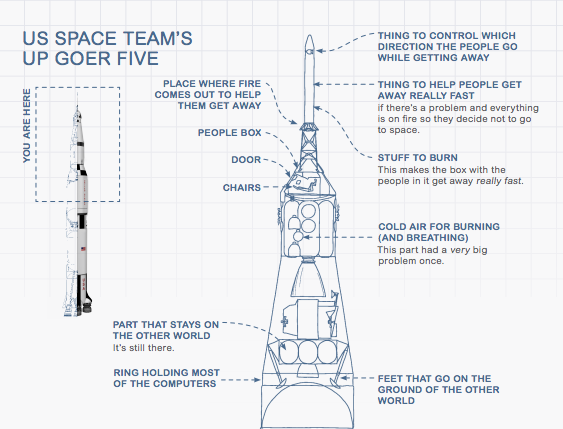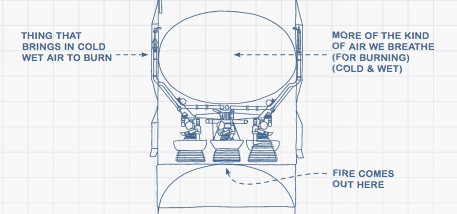
(credit: Getty Images)
US District Judge Charles Breyer told Volkswagen and regulators that they have until April 21 to present a plan to bring over 600,000 Volkswagen, Audi, and Porsche diesel vehicles into compliance with emissions regulations.
VW Group was supposed to have presented a detailed explanation of how it will fix its diesel vehicles to the San Francisco-based judge today, but Judge Breyer granted the company a month extension. VW’s diesel models made after 2009 were discovered to be equipped with illegal software that circumvented the cars’ emissions control system, allowing the cars to spew between up to 40 times the amount of nitrogen oxide (NOx) that the Environmental Protection Agency (EPA) permits.
Judge Breyer will preside over the lawsuit that VW Group faces from the Department of Justice, as well as a consolidated class action suit that represents more than 500 separate lawsuits against Volkswagen. The judge said that he permitted the extension because former FBI director Robert Mueller, who Breyer appointed to oversee negotiations between air regulators and Volkswagen, assured Breyer that the two parties, "had made substantial progress toward a resolution that would get the polluting cars off the road,” according to the Los Angeles Times.






